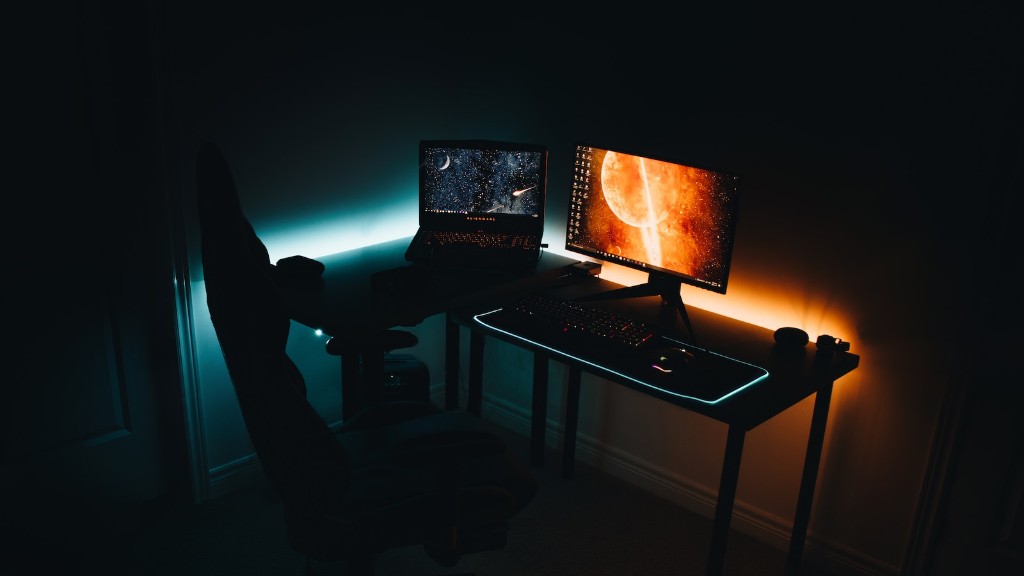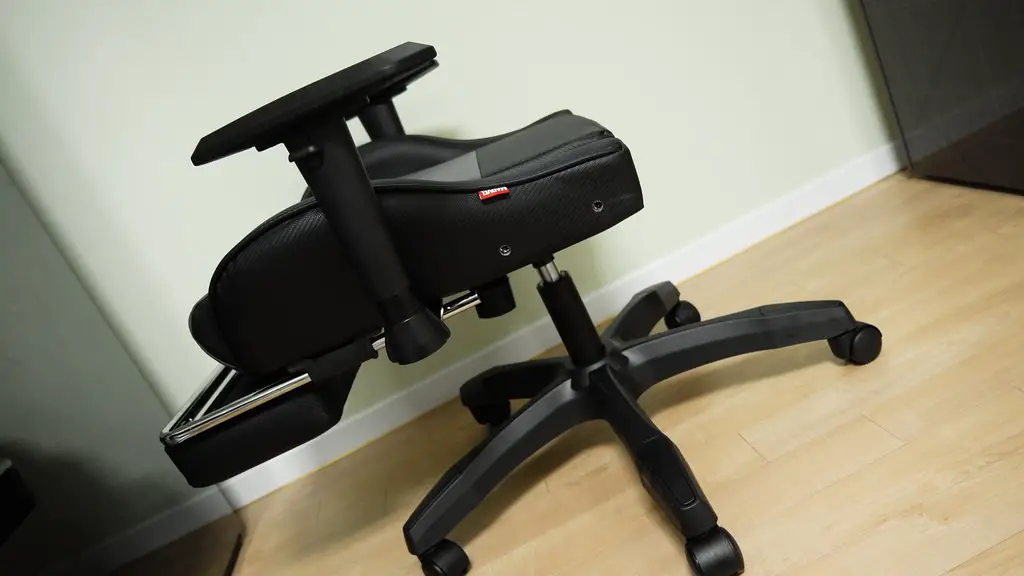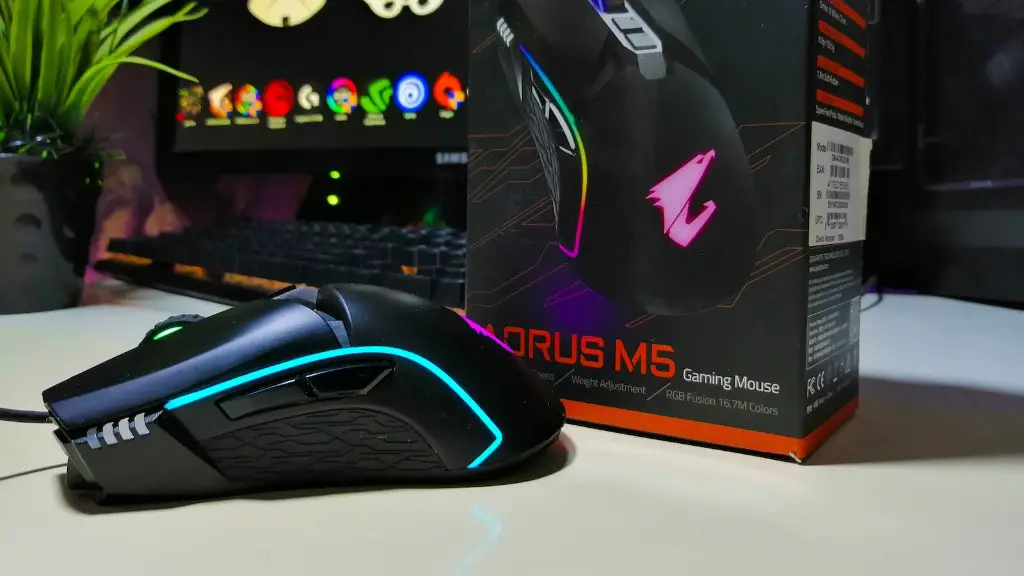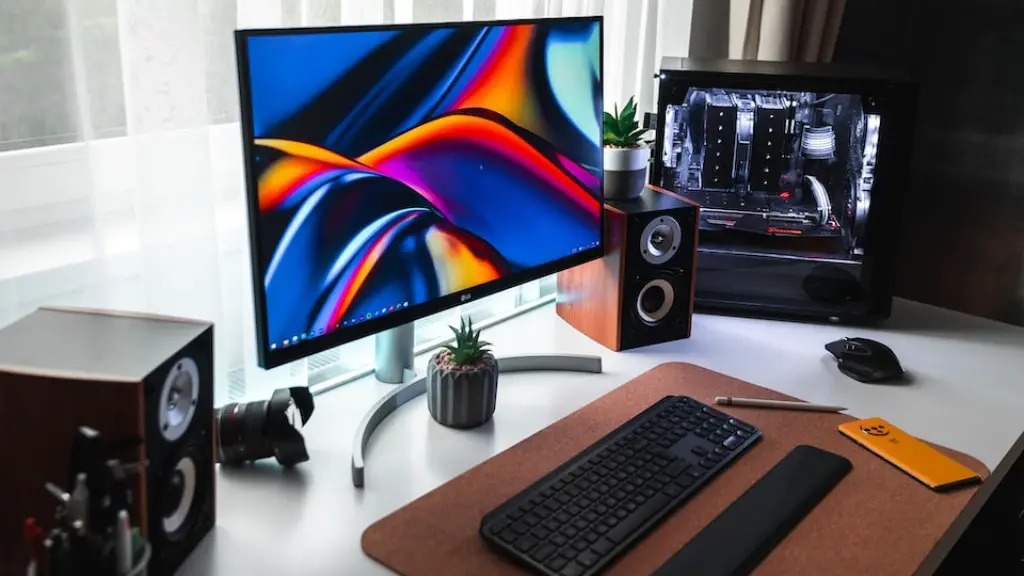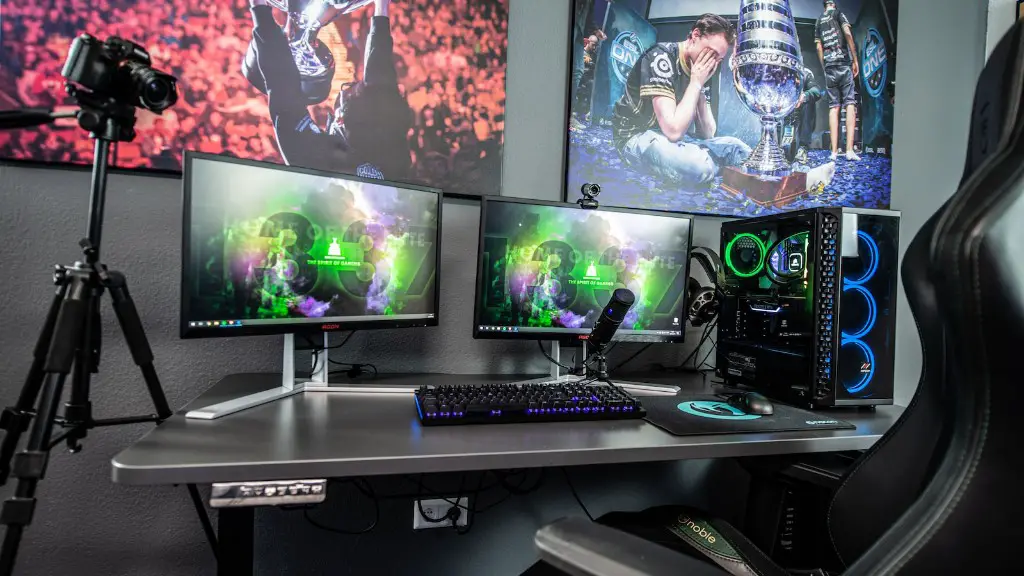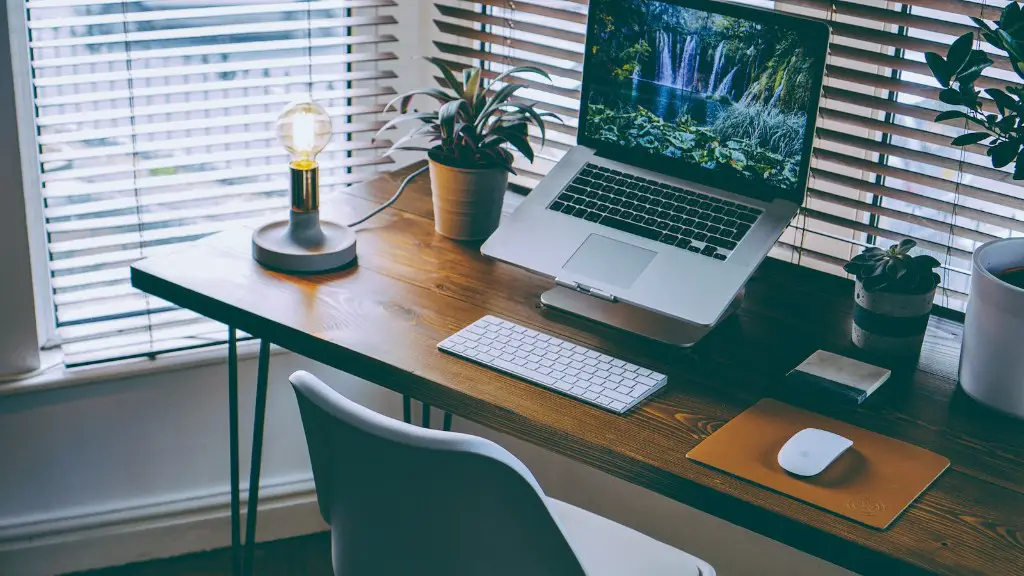In this guide, we will show you how to reduce gaming laptop heat. Some simple and effective tips to help keep your gaming laptop cool and prevent it from overheating.
1. Purchase a gaming laptop cooling pad.
2. Make sure that there is proper airflow around your gaming laptop.
3. Avoid using your gaming laptop on soft surfaces.
4. Clean your gaming laptop regularly.
5. Consider purchasing a gaming laptop with a thermal cooling system.
Why does my gaming laptop get so hot?
It’s normal for your gaming laptop to get hot when you’re gaming on it because the CPU and graphics card produce lots of heat when in use. This is especially true since they’re all crammed in a small space. To help keep your laptop cool, make sure to use a cooling pad or laptop stand to help improve airflow.
If you want to keep your laptop in good condition, there are some simple things you can do. Avoid using it on carpeted or padded surfaces, as this can damage the bottom of the laptop. Elevate your laptop at a comfortable angle to help prevent overheating. Keep your laptop and workspace clean, as dust and dirt can damage the laptop and affect its performance. Understand your laptop’s typical performance and settings, so you can troubleshoot any problems that arise. Make sure to install cleaning and security software to protect your laptop from malware and viruses. If your laptop gets too hot, you can use cooling mats or heat sinks to help dissipate the heat.
Do cooling pads work for gaming laptops
A cooling pad can help, but only to a limited extent. The big fan of a cooling pad might look impressive In practice, however, it’s not doing much. The biggest gain from using a cooling pad comes from simply raising the laptop up, allowing for greater air circulation.
As with any tech, gaming laptops can overheat if they’re put under too much strain. To avoid this, make sure your laptop is up to the task of running your chosen game before you start playing. You can also take some steps to keep your laptop cool, like making sure there’s plenty of ventilation around it and keeping it away from heat sources. If your laptop does start to overheat, turn it off immediately and let it cool down before continuing to use it.
Should I elevate my laptop for cooling?
The best way to guarantee proper ventilation is by elevating your laptop above your work surface. Laptop stands and wall mounts are widely available, but you can also improvise with a book or similar small object. By ensuring that your laptop has proper ventilation, you can help prevent it from overheating and extend its lifespan.
When gaming, it’s important to keep an eye on your CPU temperature. A good CPU temp while gaming is between 65-85°C. While average temperatures above 85°C are fine for a few minutes of gameplay or other intense CPU use, it isn’t a good idea for an extended period of time — even if your system is optimized for gaming. If you notice your CPU temperature exceeding 85°C, take a break and let your system cool down.
How to decrease CPU temperature?
Over time, computers accumulate dust. This dust can impede airflow and cause your computer to overheat. Reapply thermal compound/paste to the CPU to help improve heat transfer. Upgrade your CPU cooler to a more efficient model and ensure good airflow in your computer case. Add more fans if needed. Clean your fans regularly to prevent dust buildup. Manage your cables to improve airflow and prevent heat buildup. Finally, control your fan speeds in the BIOS to strike a balance between cooling and noise.
If you want to ensure that your gaming laptop doesn’t overheat, there are a few things you can do. First, you can lower the graphics settings and FPS. This will help to reduce the strain on your computer and prevent it from overheating. Second, you can replace the thermal paste. This will help to dissipate heat more effectively and keep your laptop cooler. Third, you can avoid running excessive programs. This will also help to reduce the strain on your computer and prevent it from overheating. Finally, you can optimize your game settings. This will help to lower the amount of resources your computer is using and prevent it from overheating.
How many years does a gaming laptop last
A good gaming laptop will last you around five years performance-wise. Pick up a laptop that has the same or better performance as a console. The part of the laptop that will affect its lifespan the most is the graphics processing unit. Most of a gaming laptop’s hardware can’t be upgraded, so spend your money on the things that matter the most.
A laptop cooling pad is a great investment for anyone who wants to keep their laptop cool. The fans in the cooling pad help to flow cool air all around the laptop, keeping it cool even when it is in use for long periods of time. The cooler also helps to raise the laptop slightly, which can help to reduce the temperature of the components.
Is 100 degrees hot for gaming laptop?
It is perfectly normal for a gaming laptop to have a temperature of 75-80°C under load. If the temperature gets any higher than this, the performance of the laptop will begin to decrease due to “Thermal Throttling.” Thermal Throttling is a safety measure implemented in most computer hardware which reduces clock speeds to decrease the temperature to safe levels.
There are a few reasons why your computer’s fan and hard drive might be making a lot of noise. One possibility is that they’re simply getting old and worn out. Over time, dust and debris can settle into the components, making them less efficient and causing them to make more noise. Another possibility is that your computer is overheating, which can cause the fan to work overtime and make a lot of noise. If your computer is constantly overheating, it’s a good idea to take it to a technician to check for any underlying issues.
How hot is too hot for a gaming computer
As a general rule, anything under 60 degrees Celsius (140 degrees Fahrenheit) is perfect for a computer. Just above this temperature is okay, but as you creep above 70 degrees Celsius (158 degrees Fahrenheit), you should look at how to cool your PC down. Above 81 degrees Celsius (178 degrees Fahrenheit) is too hot and could cause damage to your computer if you run it for a sustained period.
A laptop cooling pad can help to lower your laptop’s internal temperature by as much as 30 degrees Fahrenheit. This can be a great way to keep your laptop from overheating and potentially damaging the internal components.Cooling pads typically have multiple fans that help to draw heat away from the laptop and keep the air moving around it.
Is it OK to tilt laptop?
As long as your laptop has room to breathe, that’s perfectly fine. Hard drives and fans are the only mechanical parts in a laptop (besides your dormant cd drive) and fans don’t care much what direction they’re oriented, much less all the other components.
Ice packs can create condensation because they are significantly cooler than the surrounding air. The fans will begin blowing the moisture into your laptop, potentially causing more harm than good.
Is 90 degrees hot for CPU gaming laptop
Most CPUs and GPUs have a safety system that shuts down the computer if the temperature goes above 90 degrees. However, during gaming, the temperature can get quite high, depending on the computer specs (including the age of the CPU and GPU, etc.).
The RTX 3080 has a maximum temperature of 93c, so 80c is within specifications. However, keep in mind that the RTX 3080 is designed to operate at this temperature, so it is not necessary to worry if the card reaches 80c under load.
Conclusion
There are a few things you can do to help reduce the heat coming from your gaming laptop:
1. Make sure the laptop is well ventilated. This means ensuring there is plenty of airflow around the device so that heat can dissipate quickly.
2. Avoid using the laptop on a soft surface like a bed or couch, as this can block airflow and trap heat.
3. Clean the laptop regularly, including the vents and fan, to ensure optimal airflow and heat dissipation.
4. Consider using a laptop cooling pad to help improve airflow and reduce heat.
5. If possible, avoid using the laptop for extended periods of time or during intense gaming sessions. This will help to prevent the device from overheating.
1. Use a fan: A simple way to reduce heat on your gaming laptop is to use a fan.
2. Keep it ventilated: Make sure that your gaming laptop has good ventilation to prevent heat buildup.
3. Use a cooling pad: A cooling pad can help to reduce the heat on your gaming laptop.
4. Take breaks: Don’t play your game for hours on end without taking a break. This will allow your laptop to cool down in between sessions.
5. Update your drivers: Keep your gaming laptop’s drivers up to date to help reduce heat.
